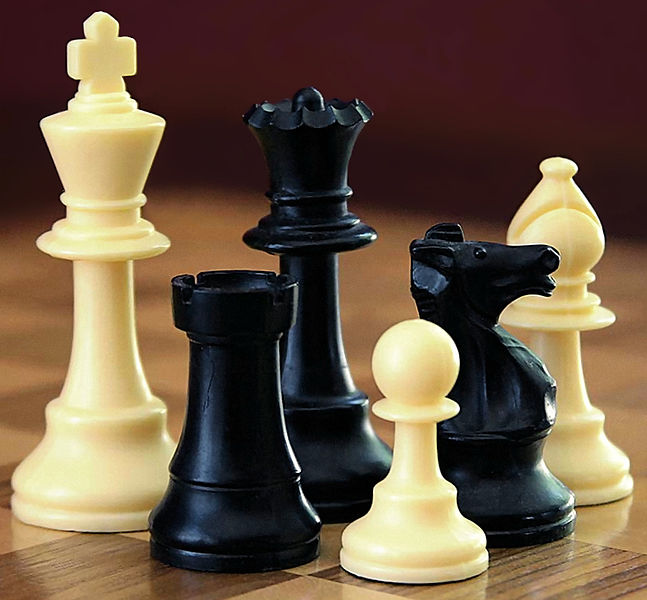Held in Check

On September 1, 1939, Nazi Germany invaded Poland, starting World War II. On that very same day, the two nations were doing battle in Argentina — in the final rounds at the 8th Chess Olympiad. For the chess world, the timing may have saved the game.
Tensions in Europe were heated for years prior to September of 1939 — Hitler pulled out of the League of Nations in 1933 and remilitarized the Rhineland in 1936 — but notable international competitions occurred during this lead up to war. (The 1936 Summer Olympics, for example, were famously held in Berlin; the 1940 and 1944 Games were cancelled due to the war.) In 1927, the first Chess Olympiad was held in London, and every year or every other year thereafter, the games returned to the international stage. The first seven were held in Europe, but in 1939 it moved to Argentina, perhaps due to the political climate in the games’ typical home.
Roughly 135 chess players hailing from 27 countries began playing in the Olympiad on August 21, 1939. After just over a week of pool play, sixteen nations advanced to the finals, which began on the 1st of September. For many of the finalists, their chess success was tempered by the fact that their home nations were now at war with each other. The British team was summoned home immediately; of the five players, three would soon become Allied codebreakers. But the other 15 stayed to play. The Olympiad organizers, realizing the inherent tensions of continuing on with a schedule which included Germany’s quintet facing both Poland’s and France’s, modified the matchups. But in the end, someone had to be crowned a winner. In this case, Germany triumphed and Poland took second. (France was 10th.)
But the real story happened after the Games. Of the 60 players who remained in Argentina for the finals and were not from the Western Hemisphere, 21 men (and two women present for the Women’s Olympiad) remained in South America after the finals, refusing to return to their war-struck homes. All five Germans remained in Argentina, although they probably did so out of fear that naval passages through the Atlantic would prevent safe passage back home. Many of the other 16 players were Jewish; most would have likely been placed in concentration camps and ultimately murdered.
The decision of these men to defect is credited with saving a generation of chess playing knowledge, and, for part of Argentina’s newfound success in the game. When the Olympiad resumed in 1950, Argentina, for the first time, made it to the medal stand, finishing second. They’d finish second again in the next two Olympiads (1952 and 1954) and third in both 1958 and 1962.
Bonus fact: The Chess Olympiad has never been held in the United States, despite the fact that the US has finished first five times (most recently in 1976) and medaled a total of 19 times (most recently a bronze finish in 2008). This year’s Olympiad is being held in Istanbul, Turkey, which was also the site of the 2000 games. Turkey has never won a medal.
From the Archives: Kosher Cheeseburgers: Outside of Israel, there’s exactly one kosher McDonalds — and it may actually have something to do with the chess tournament discussed above.
Related: A Super Mario-themed chess set. 99 reviews, and it gives new meaning to “Thank you Mario, but our princess is in another castle!”

Leave a comment